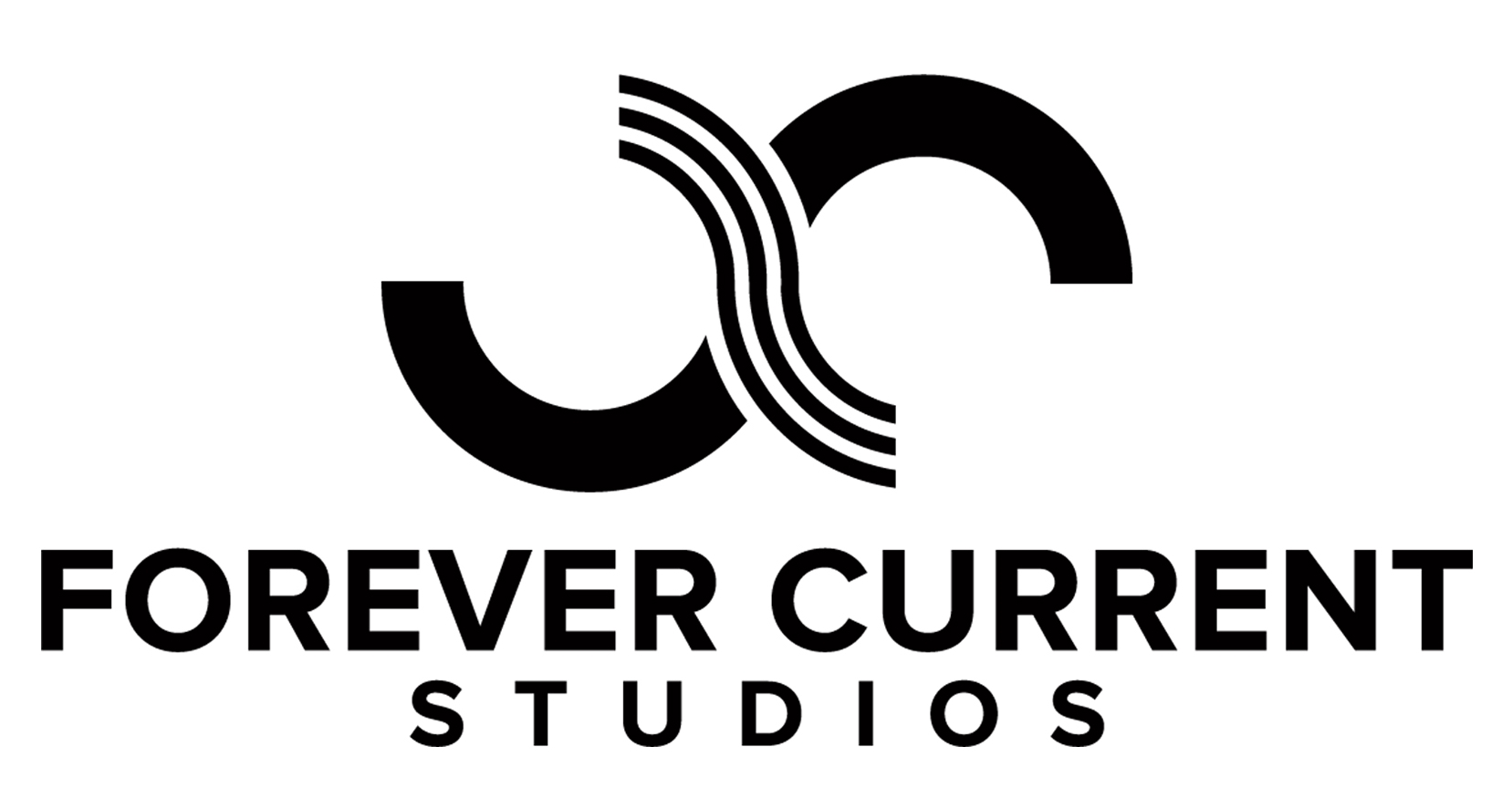Financing Your Music Business
After the lockdown at the beginning of the global pandemic, we saw a huge spike in people building home studios.
Music never stops, so things had to change. But to be candid, a home studio is often a significant investment.
So today we've put together some info and tips to help you safely take on debt (or payments plans) in the name of MUSIC!
Let's take a look at how to finance your own home studio.
The first question is, "what do I need?" The answer to that is depends directly on what you have already and what you'd like to do. To help you figure this out, we put together a list of common things you'll find in a typical home studio.
Computer: these days you can use so many different devices to record and produce, from desktops to phones and everything in between. The vast majority of home studios are built around a desktop computer or a laptop, so we'll focus here on that setup.
Software: you'll need a program to host your creation. These are called Digital Audio Workstations (DAWs). Some examples are Logic Pro X, Ableton Live, Pro Tools, FL Studio, and Studio One. Each one is designed to do very similar things, so they're all a great choice. Just do a bit of research into their functions and user interface to determine which works best for you.
Audio Interface: in order to get audio into and out of your DAW, you'll need an audio interface. These are basically fancy versions of what computers usually have built in. They allow you to connect microphones and instruments as well as headphones and speakers. They also give you control over the input and output levels.
Monitors: usually called "speakers," studio monitors are designed to play your music with little to no coloration. They're very clean and accurate, but each pair has their own sound. Take a listen to several different types and sizes to find which you prefer. You can also use headphones to listen, but you'll need to be careful about left/right balances and not adding too much bass.
Microphone: there are so many options for a microphone, so you'll encounter thousands of opinions. Again, choosing one really depends on what sounds good to you. In-store comparisons like at Sam Ash or Guitar Center help you build a better understanding of what fits your needs.
Accessories: all of these things need to connect! If you're unsure about how to do this, contacting a local music retailer will likely help you get everything you need to make sure it all works.
The second question is, "how much will it cost?" That of course, depends on what quality you want. The most helpful thing I can give you is a baseline, so here are the entry costs as of this email for new gear assuming you already have a computer.
Software: you can get a basic version of FL Studio for $99, but the functions are limited. The upgraded versions offer much more. Pro Tools has a subscription model that offers a lower monthly fee, but it does require recurring payments.
Audio Interface: These start at $119, but you'll want to make sure you're getting all of the inputs and outputs you need. This price will typically get you one mic input, one instrument input, and RCA outputs.
Monitors: high-quality studio monitors start at $99 per speaker, so you'll need to get two. Make sure to pay attention to what is included in the price! These typically do not come with connecting cables but will have their power cables.
Microphone: decent mics start around $99, but the price range is huge beyond that. The features and quality of the mic really determine what is worth your budget.
Accessories: this varies wildly depending on the length and quality of the cables you need and choose to use. You can also invest in accessories like pop filters, vocal shields, and studio foam.
The last question is, "how can I get it?" Generally speaking, a solid studio will cost around $1000. Whether you go for the $99 USB mic and a pair of headphones or the full studio setup, you'll probably be asked if you want to finance it. This can get confusing and a bit dangerous, so here are some things you'll want to consider.
Interest rate: this tells you how much extra you'll need to pay over time. Cards with interest free periods will often charge 30% on the original purchase. At $1000, you're looking at an extra $300 if you don't pay it off.
Interest-free term: most store-specific cards will offer "6-months interest free financing" or some special longer term. I've seen up to 60 months! This means interest will not be charged until that period is over.
Hidden fees and minimum payments: Make sure you read the fine print! Even though some promotions claim "no minimum payment" the actual terms may say differently. Paying regularly and above the minimum to pay it off will most likely keep these extra charges from happening and costing you extra money.
Store-specific cards: These tend to offer shorter, more beneficial deals but can only be used at a specific place. If you're looking to finance music gear, looking into Sweetwater's financing or the Guitar Center Gear Card are great offers to start with.
Universal credit cards: These have different types of terms, usually constantly charging interest but at a much lower rate. This is often expressed as an APR (annual percentage rate). A low APR is ideal for not being charged a lot for not having money.
Regardless of where you get your financing, you'll first need to apply. Financing is not guaranteed in most cases. You won't know until you try!
Overall, the entry fee for a home studio can be a few hundred dollars or more. What you actually invest in will be determined by what you need and what level of quality you want.
If you want some professional and personal advice, you can click here to book a FREE Mixing Consultation with one of our Grammy-nominated Engineers -- who can make some good recommendations on how to optimize your recordings in your new home studio, and when it makes sense to send over your sessions to be mixed/mastered by Forever Current.
On the other hand, if your questions are specifically related to pricing and software/equipment comparisons, thenthe sales associates at music retailers are well equipped to answer any questions you may have.
If you need anything, we're here with you! You got this.
Have a great week!

